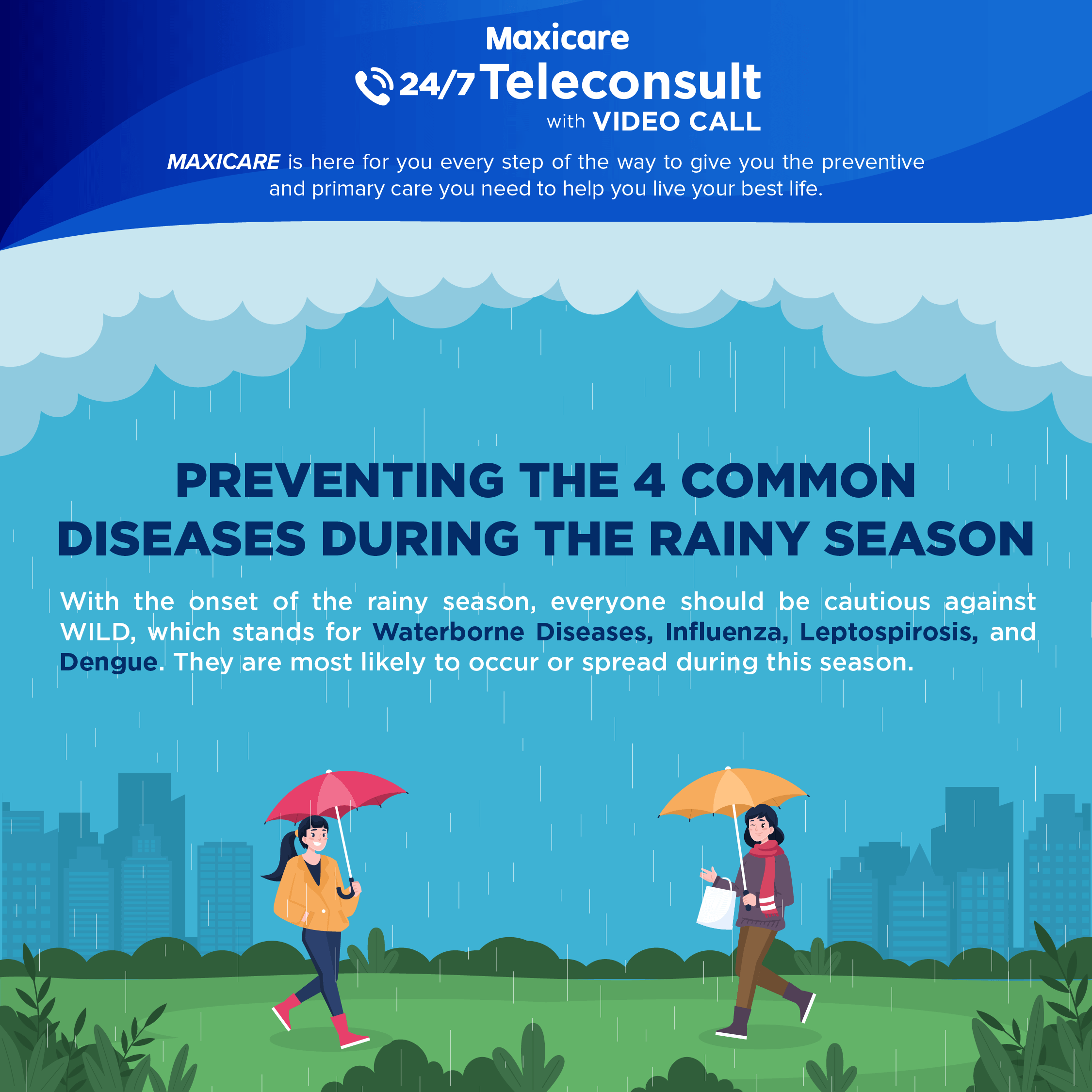
Hemophilia is a rare, inherited blood disorder that causes your blood to clot less, which results in an increased risk of bleeding or bruising. Blood contains many proteins called “clotting factors” that can help to stop bleeding and having low clotting factor levels increase bleeding risk.
Signs & Symptoms
- Excessive bleeding
- Large or deep bruises
- Joint pain
- Blood in urine or stool
- Nosebleeding
Causes
Congenital hemophilia
- Hemophilia is usually inherited, meaning a person is born with the disorder. Congenital hemophilia is classified by the type of clotting factor that is low.
Acquired hemophilia
- Some people develop hemophilia with no family history of the disorder. Acquired hemophilia is a variety of conditions that occurs when a person’s immune system attacks the clotting factor in the blood. It can be associated with:
-
- Pregnancy
- Autoimmune conditions
- Cancer
- Multiple sclerosis
- Drug reactions
Risk factors
The biggest risk factor for hemophilia is having family members who also have the disorder. Males are much more likely to have hemophilia than females.
Complications
- Deep internal bleeding – bleeding that occurs in deep muscle can cause the limbs to swell. The swelling can press on nerves and lead to numbness or pain. Depending on where the bleeding occurs, it could be life-threatening
- Bleeding into the throat or neck – this can affect a person’s ability to breathe
- Damage to joints – internal bleeding can put pressure on the joints, causing severe pain. If left untreated, frequent internal bleeding can cause arthritis or destruction of the joint
- Infection – if the clotting factors used to treat hemophilia come from human blood, there’s an increased risk of viral infections such as hepatitis C
If you have hemophilia, treatment depends on your condition type, severity, and if you develop inhibitors.
If you notice changes in your body, like increased bleeding or bruising, consult a doctor via Maxicare’s 24/7 Teleconsult Hotline, the Doctor Anywhere App, or Maxicare Primary Care Clinic (PCC). You may also go to a PCC or request HomeCare for lab tests and diagnostic procedures.
References:
https://my.clevelandclinic.org/health/diseases/14083-hemophilia
https://www.cdc.gov/ncbddd/hemophilia/facts.
https://www.mayoclinic.org/diseases-conditions/hemophilia/symptoms-causes/syc-20373327













